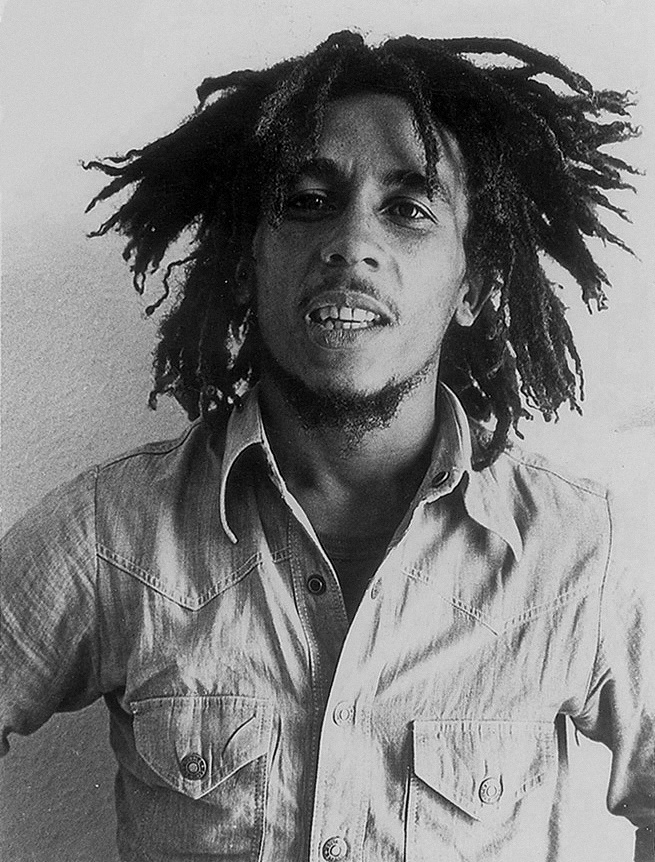A1.
Tree Little Birds

"Three Little Birds" is one of Bob Marley's most beloved and iconic songs, cherished for its uplifting melody and optimistic lyrics. Released in 1977 as part of the album "Exodus," the song embodies Marley's message of hope and resilience, resonating with audiences worldwide. The catchy refrain, "Don't worry about a thing, 'cause every little thing gonna be alright," has become a mantra for many, offering comfort and reassurance during challenging times.
The lyrics of "Three Little Birds" are simple yet profound, urging listeners to cast aside their worries and embrace the present moment with faith and positivity. Inspired by Marley's experiences in Jamaica, the song evokes images of nature and freedom, with references to birds singing and the rising sun. Its universal appeal lies in its message of perseverance and the belief that, no matter the circumstances, everything will ultimately work out for the best.
Beyond its musical merits, "Three Little Birds" has become a cultural phenomenon, with its message of resilience transcending generations and borders. The song has been covered by numerous artists and featured in various films, commercials, and even political campaigns, further solidifying its status as a timeless classic. Whether it's played at a beach party, a protest rally, or a family gathering, "Three Little Birds" continues to spread joy and inspiration, embodying the enduring spirit of Bob Marley's music.